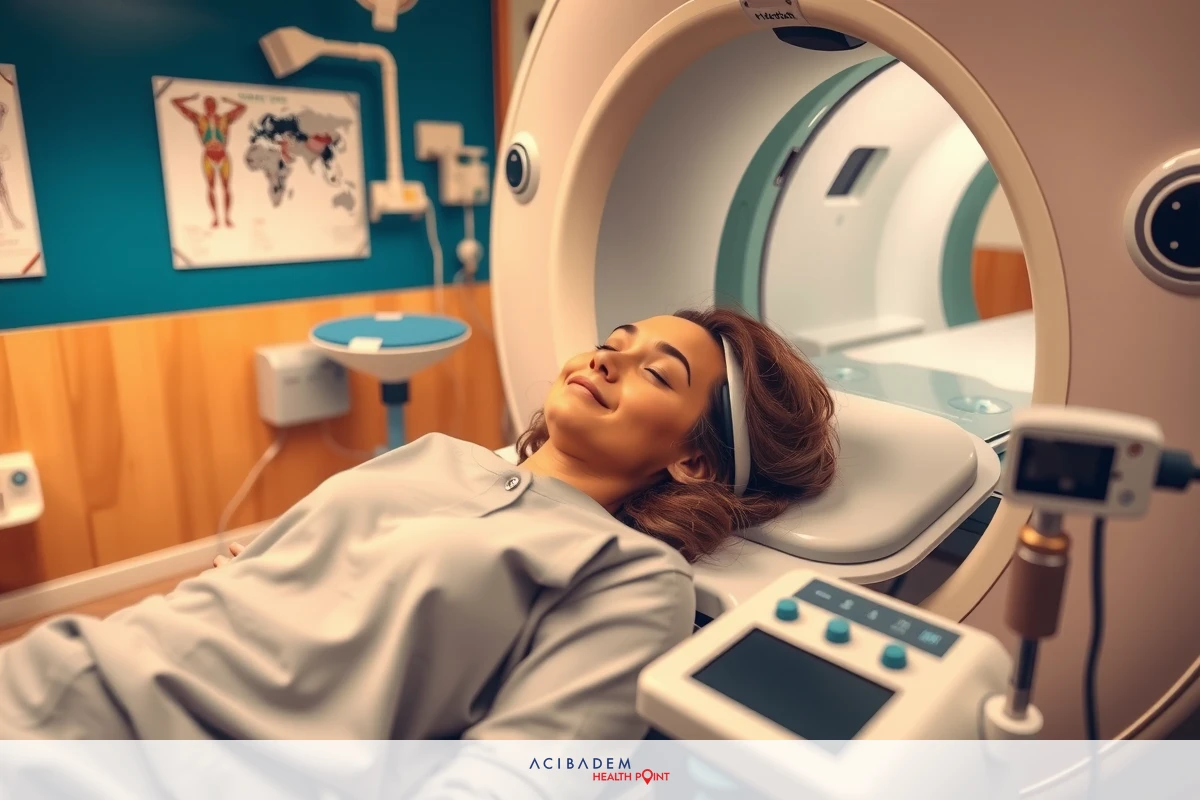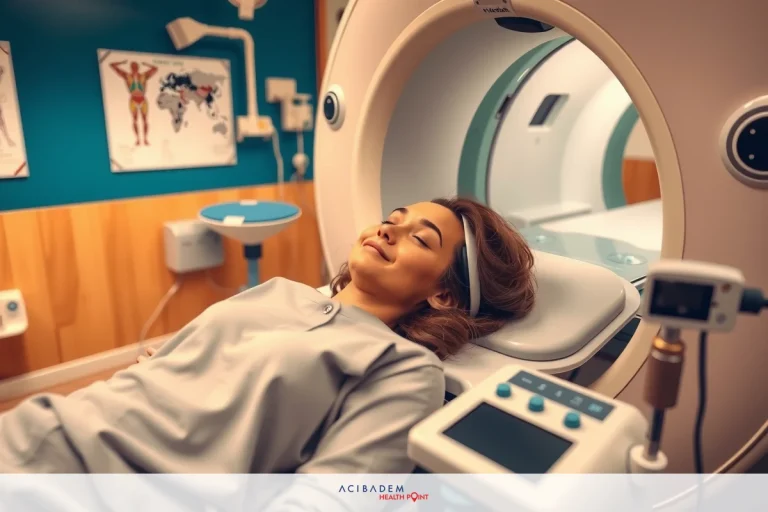Are Knee Replacements Safe for MRI?
Are Knee Replacements Safe for MRI? Getting an MRI might seem like a big step if you have had a knee replacement. Many people with new knees will need to check these parts in time. Some may worry about how safe it is to get this type of scan. The good news is that doctors think about your safety first. They make sure the way they look at your knee does not harm it.
The world of medical scans can feel complex but it’s all about getting a clear picture of health issues. If your doctor asks you to take an MRI they want the best look at what’s inside. Even with metal parts in your body modern methods are used to keep you safe during the test.
When planning an MRI scan after getting new knee parts talk to your doctor and insurance company first. They will tell you everything you need to know before setting up the test. It helps ensure things go smoothly and without any problems or surprises later on.
What is an MRI?
An MRI is a tool that doctors use to see inside your body. It stands for Magnetic Resonance Imaging. This machine uses a big magnet, radio waves, and a computer to take pictures. These images help doctors find out what might be wrong in your body. Unlike X-rays MRIs do not use any kind of harmful rays.
The process starts when you lie down on a table. Then the table slides into the MRI machine’s center part. You must keep very still during this time so the images are clear. The scan can take from 15 minutes up to an hour or more depending on what’s being looked at.
During an MRI for knee replacements it checks if everything is placed right and working well. It can also look for other issues like damage from wear or injuries around your knee joint area. The procedure helps doctors make sure your new knee works as it should without problems.
Some people may worry about risks with getting an MRI if they have metal in their bodies like with knee replacements but these tests are generally safe now due to advances in technology even though it’s important to tell your doctor about any implants you have before the test because they will know how best to proceed and will ensure that there are no risks involved for you during the imaging process.
Why Would I Need an MRI with Knee Replacements?
After getting knee replacements your doctor may want to keep track of how things are going. An MRI can be a key part of this follow-up. It lets them see the new joint and check that all parts are in the right place. This kind of scan can pick up on small changes that other tests might miss.
Sometimes after surgery you might have pain or problems moving around well. If this happens an MRI gives clear images so doctors can find out why it’s happening. They use these images to look for any signs that something isn’t right inside your knee area.
Your body is always changing and healing especially after major surgery like a knee replacement. The doctor uses MRIs to watch over time how your body is taking in the new joint parts. It helps them make sure everything stays safe and works as planned for you.
There could be other reasons for an MRI too like if there’s swelling or redness around your knee that won’t go away or if you’ve had a fall or hit your knee on something hard but don’t worry because even though it sounds serious having regular checks with an MRI will help catch any issues early so they can be dealt with quickly before becoming bigger problems which means better health for you in the long run!

Is It Safe to Get an MRI with Knee Replacements?
When you have knee replacements getting an MRI might worry you. But today’s knee parts are made to be safe for MRIs. Before the scan your doctor will check what kind of knee replacement you have. They make sure it is okay for the strong magnet in the MRI machine.
The staff who do MRIs know just how to handle patients with metal in their bodies. They use special settings on the machine so there won’t be problems during your scan. You can feel at ease knowing they care about keeping you safe while they get a good look inside.
If there’s any risk at all your doctor will talk about it with you first. They want to find out if this test is the best way to help with whatever problem might come up after surgery and sometimes another type of test may work better or be safer but most of the time having an MRI after a knee replacement is not only safe but also very helpful for making sure everything stays right as time goes by!
Consult Your Insurance Company
Before you set up your MRI it’s smart to give your insurance company a call. They can tell you what they will pay for and what you might have to cover. This step is important because MRIs can be costly and knowing the costs ahead of time helps avoid surprises. Your insurance company may also need details from your doctor about why the MRI is needed.
It’s good to ask questions when talking with your insurance provider. Find out if there are any forms or approvals needed before the scan takes place. They might guide you to places that do MRIs where they cover more of the cost. It’s always better to know these things early on rather than after getting billed.
Lastly, if your insurance says something is not covered, don’t worry too much just yet. Sometimes a quick chat between your doctor and the insurance company can solve this problem but make sure all discussions happen before getting an MRI so everything runs smoothly without delays or issues down the line!








